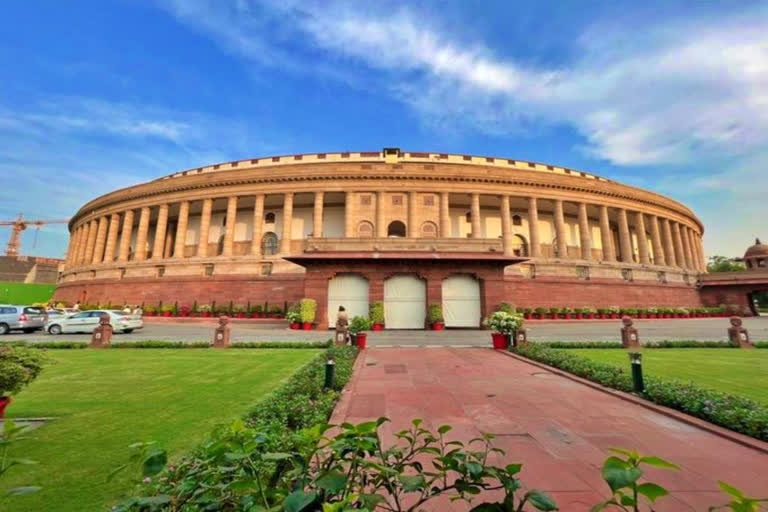New Delhi: A total of Rs 11,440 crore has been spent on the ambitious Delhi-Meerut RRTS corridor project till November 30, the government told Rajya Sabha on Monday. The National Capital Region Transport Corporation (NCRTC) is implementing the Delhi-Meerut Regional Rapid Transit System (RRTS) project.
In reply to a question in the Upper House, Minister of State for Housing and Urban Affairs Kaushal Kishore said the total sanctioned cost of the project is Rs 30,274 crore. As on November 30, 2022, the balance fund with NCRTC for implementing the project is Rs 1,084.10 crore, he said.
According to the minister, the project is being funded by the Centre, governments of Uttar Pradesh and Delhi, and other agencies -- the Asian Development Bank, New Development Bank and Asian Infrastructure Investment Bank.
Kishore said as per NCRTC, various static and dynamic tests are in progress according to the schedule for commissioning of the priority section (between Duhai to Sahibabad) of the Delhi-Meerut RRTS corridor.
Also Read:India is the second largest steel producer in the world: Govt in RS
The entire Delhi-Ghaziabad-Meerut RRTS is targeted to be operational by 2025. Last month, a senior NCRTC official had said trial runs on the main line for the operationalisation of the 17-km Duhai-Sahibabad priority section would begin in December.
The priority section has four stations Sahibabad, Ghaziabad, Guldhar and Duhai. It is expected to be operationalised by March next year, NCRTC's managing director Vinay Kumar Singh said last month.
The RRTS corridor would cut down the travel time between Delhi and Meerut to around 55 minutes from the current three to four hours by road. The trains that will run on the RRTS corridor will primarily consist of six coaches, comprising five standard and one premium-class coach.
Each standard class coach will have three doors on one side and the premium class coach will have two doors. Accordingly, there will be 17 doors on the entire train. Based on this, a total of 17 platform screen doors will be installed on each platform of RRTS stations. (PTI)
